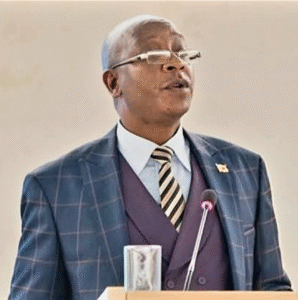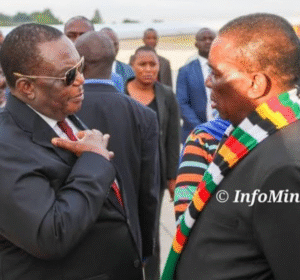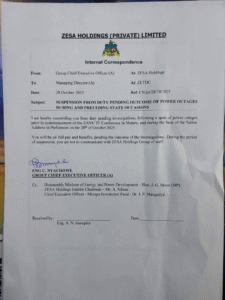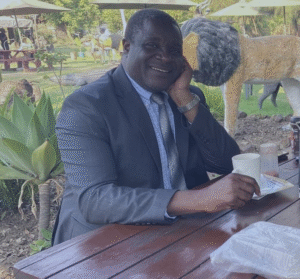ZANU PF Thugs Suspected of Brutal Stoning Death: A Shocking Attack on Democracy

In a horrifying incident that has sent shockwaves across the nation, Zimbabweans were left aghast as news broke of the brutal stoning to death of Chitsunge, a young activist, allegedly by suspected ZANU PF thugs. The incident occurred as a group of youths were en route to a rally in Glen View 7, where they intended to express their democratic voices. The tragic event has sparked outrage and renewed concerns about political violence in the country.

The spokesperson for the party, Fadzayi Mahere, held a press conference where she confirmed the tragic demise of Chitsunge. She stated, “He was stoned to death by suspected ZANU PF thugs. The thugs ambushed a group of our youths when they were heading to a rally in Glen View 7.” This grim incident has once again shone a spotlight on the ongoing tensions within Zimbabwe’s political landscape and the dire consequences faced by those who dare to challenge the ruling party.
The chilling attack not only highlights the vulnerability of young activists who strive for a more democratic Zimbabwe but also underscores the need for urgent measures to curb political violence. The incident has triggered widespread condemnation from both national and international communities, with calls for a thorough investigation into the matter and for the perpetrators to be brought to justice.
ZANU PF, the party that has held power for decades, has faced persistent allegations of using violence to suppress opposition and maintain its grip on authority. While the party leadership has distanced itself from such acts in the past, these allegations continue to tarnish its image both nationally and globally. The tragic death of Chitsunge is a stark reminder of the challenges faced by those who seek to challenge the status quo and advocate for change.
The incident has evoked memories of past episodes of political violence in Zimbabwe, where dissenting voices have been silenced through intimidation and brutality. Human rights organizations and activists have rallied behind the call for justice, urging the government to conduct a transparent investigation into the incident. The hope is that this tragedy can serve as a turning point, prompting the authorities to address the deep-rooted issues that have perpetuated a culture of impunity.
In response to the incident, civil society groups and opposition parties have come together to demand accountability and an end to the violence that has marred Zimbabwe’s political landscape for years. Social media platforms have been flooded with tributes to Chitsunge and calls for an end to the cycle of violence that continues to claim innocent lives.
As the nation mourns the loss of a young life cut short by such a senseless act, there is an urgent need for unity and a collective commitment to upholding the principles of democracy and human rights. The incident serves as a grim reminder that a true democracy can only flourish when citizens are free to express their opinions without fear of violence or reprisals.
The international community, including regional bodies and foreign governments, has a role to play in urging Zimbabwe to address the culture of political violence and promote a peaceful environment where citizens can exercise their rights without fear. The tragic death of Chitsunge should not be in vain – it should be a catalyst for change, prompting society as a whole to reject violence and demand a more just and equitable future.
The brutal stoning death of Chitsunge, allegedly at the hands of suspected ZANU PF thugs, is a tragic incident that has ignited a fire of outrage and demand for justice. It is a stark reminder of the challenges faced by those who stand up against the status quo in pursuit of a democratic and equitable Zimbabwe. The incident underscores the need for a united front against political violence and a renewed commitment to upholding the values of democracy and human rights. It is a call to action for both national and international stakeholders to press for accountability and change in the face of adversity.




